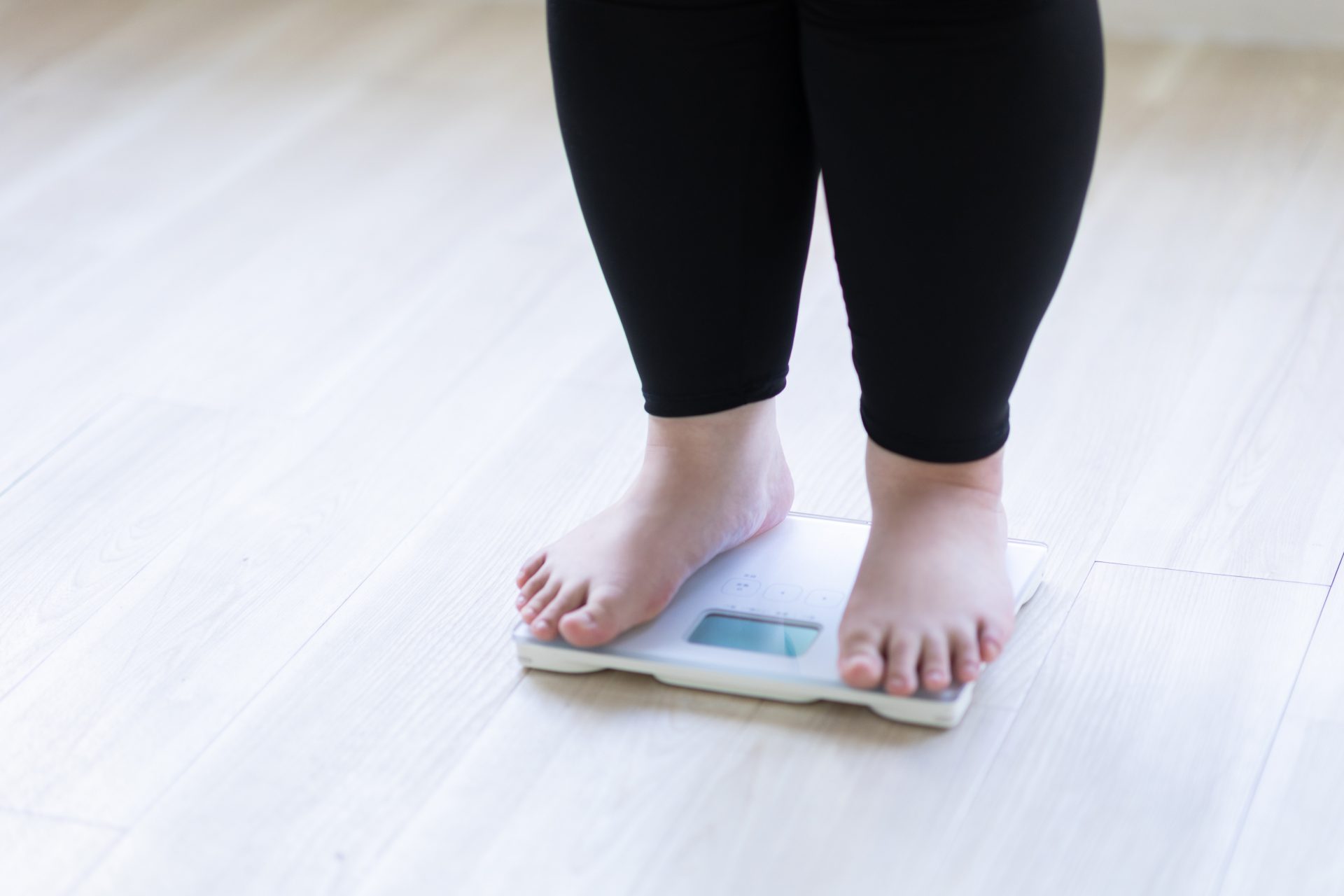A woman's weight can affect her salary
Studies have discovered a connection between weight and income since the early 2000s. Heavy people earn less than thin people. However, the correlation is unequal: it exclusively affects women.
Obesity and overweight are measured using the Body Mass Index (BMI), a number created using a mathematical equation that relates the weight and height of individuals.
The problem is that the models used for the ranges that establish average weight and obesity were modeled after groups of white men and are inaccurate for other social groups and individuals.
Still, when looking at large populations, BMI is the most common choice and is what researchers have used to study why heavier women have less money than their thin counterparts.
The first clue concerns a curious fact: Weight and income positively correlate in poor or developing countries, where rich people weigh more. However, in wealthy nations, low-income populations tend to be heavier.
So, are heavier women in industrialized countries earning less, or is poverty enlarging them? Wealthy countries like the US, Canada, and the UK have large food industries that can change the eating game.
The idea that less access to healthy foods, less time to exercise, and less nutritional education could drive poor people to be fatter could not fully explain the income disadvantage for heavier women because it does not affect men.
But could the kind of labor for the lower-income population be the reason? Men tend to do much more low-paying physical work than women.
No, the kind of labour isn't the problem. According to data from the American Bureau of Labour Statistics, collected by The Economist, just 3.5% of civilian workers do intensely physical jobs.
So neither can explain why heavier women earn significantly less money than their thin counterparts and why that difference only affects one gender.
Discrimination is the only explanation. The bias against overweight women was evident for decades through the extreme diet culture of the 80s and 90s but is still visible now through the wellness industry.
The result is that, according to research in America, Britain, Canada, and Denmark cited by The Economist, white women considered overweight by the BMI scale earn about 10% less than their thin counterparts.
In comparison, getting a Master's degree can boost a woman's earnings by 18%, only 1.8 times what losing weight would. The notion of capable and prepared women needing to pay no attention to their physique is false.
A 2007 American Bureau of Labor Statistics study, collected by The Atlantic, also showed that as the number of overweight women grew, the treatment they received in the work environment only got worse.
Other forms of work discrimination, like racism or sexism, have decreased in the past decades, but weight discrimination has only grown.
As being overweight became increasingly common, people started seeing thinness as a rare and positive trait that deserves reward over other body shapes.
According to experts cited by both The Atlantic and The Economist, discrimination comes from the false perception that overweight women are in complete control of their situation, created by their bad choices.
Being thin doesn't necessarily imply health. Still, the perception of overweight people is that they do not care about their health, an unfair assumption to say the least.
More for you
Top Stories































